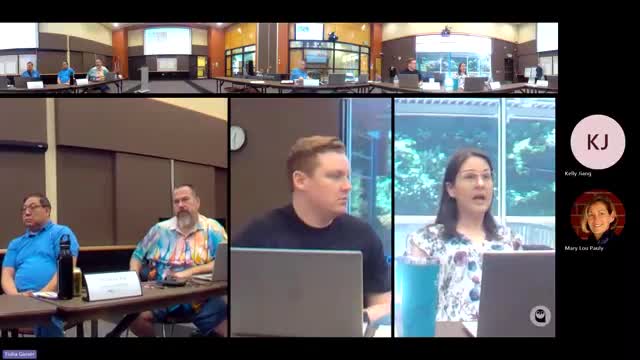Article not found
This article is no longer available. But don't worry—we've gathered other articles that discuss the same topic.
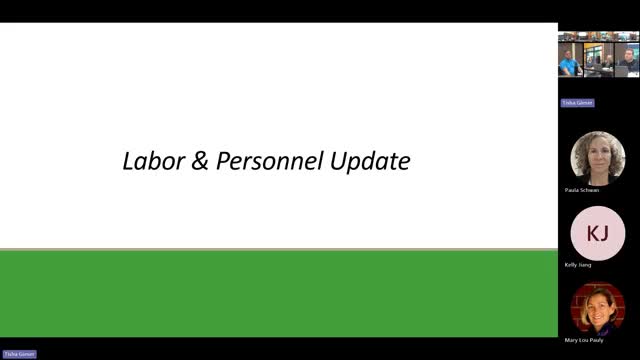
Council hears labor, recruitment and compensation update as contracts come up for negotiation
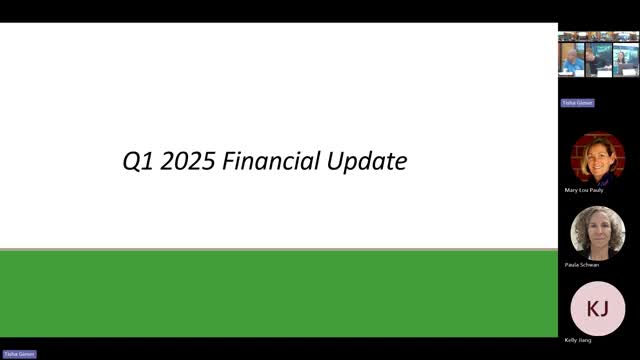
Issaquah finance director previews Q1 finances, mid‑biennium outlook and wildfire readiness costs
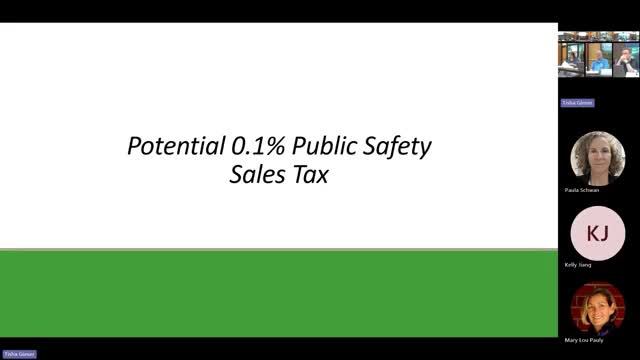
Issaquah council discusses 0.1% public-safety sales tax, grant rules and staffing uses
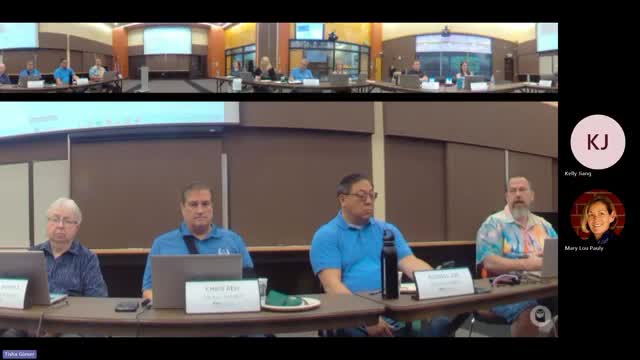
Council presses for more local jobs, small‑business space and a proactive economic‑development push
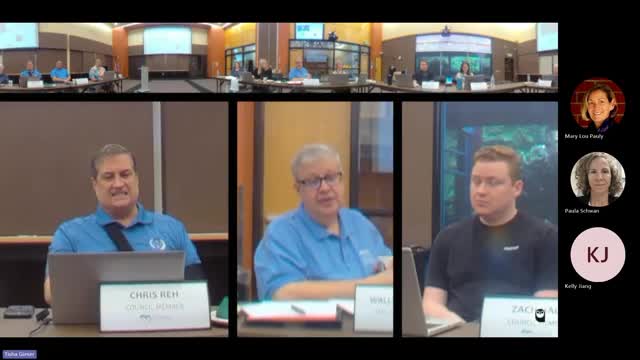
Council warned of planning‑staff shortages as Title 18 zoning review, TOD and lost Pioneer project remain priorities
